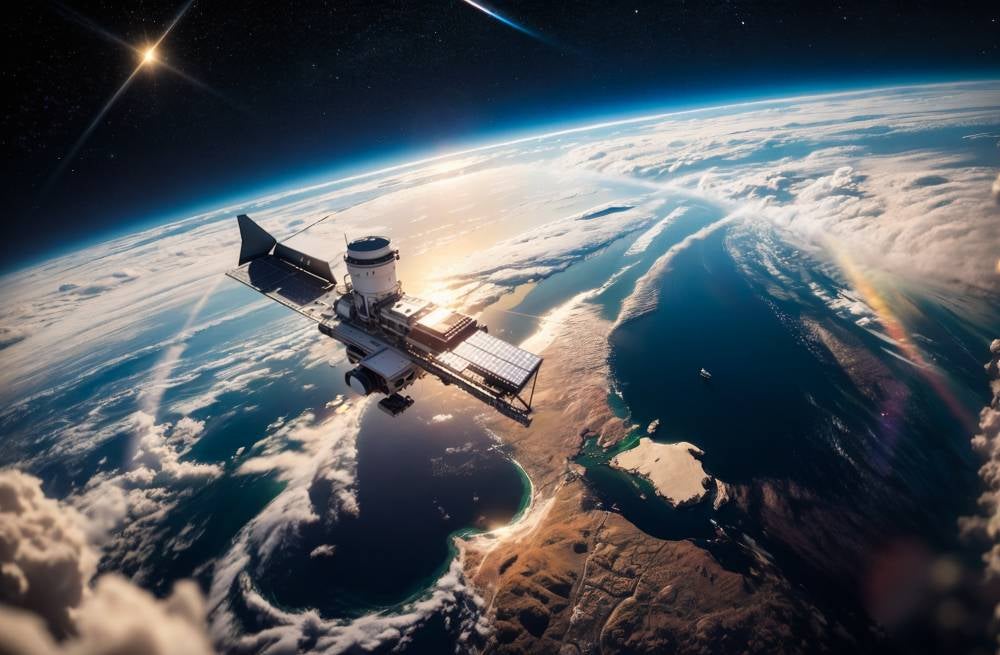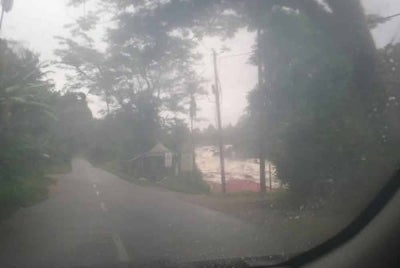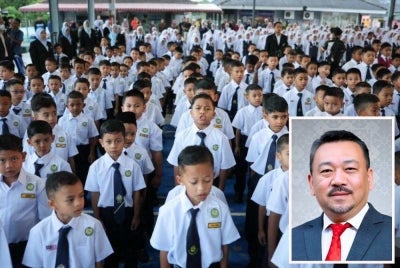Global law to deal with space debris needed - Experts

MOSCOW - International cooperation to create a common legal framework to regulate space debris is essential, though unlikely at the moment, which leaves the issue in the hands of individual countries, experts told Sputnik.
According to Nasa, there are over 9,000 tonnes of space junk in Earth's orbit, including pieces of inactive spacecraft, parts of rockets and satellites, as well as debris left behind by astronauts. Meanwhile, the European Space Agency (ESA) has reported more than 30,000 identified individual pieces of orbital debris larger than 10cm (four inches), with over half of them in low Earth orbit.
As the space industry booms, with a record number of launches in 2023, the issue of space debris has become particularly important as most new satellites will be launched into similar orbits, creating a future risk of collision for both satellites and crewed space vehicles.
Henry Hertzfeld, research professor of Space Policy and International Affairs at the Elliott School of International Affairs at George Washington University, observed that when it comes to space debris removal, existing treaties provide the principles and basis for countries to cooperate, avoid harmful interference with each other’s space programmes, and establish a liability regime that is based on fault. At the same time, the treaties are silent on how national laws should approach and enforce these principles.
"There is no international body in existence now that is capable of enforcing any types of debris ‘rules’ or regulations and, given the geopolitical problems in the world today, establishing such an organisation is unlikely," Hertzfeld explained, adding that in order to "accomplish anything meaningful, nations themselves have to establish debris regulations".
The expert also noted that the biggest issue with commercial activity in space is with low-orbit small satellite constellations. At the same time, companies operating in space are working on keeping debris to a minimum, both because of government regulations and to ensure that their operations are successful and that the use of space is sustainable.
Philip Stooke, professor emeritus and adjunct research professor at the Department of Geography and the Institute for Earth and Space Exploration, University of Western Ontario, said that objects in orbit are the responsibility of the individual states that launched them. This also includes commercial launchers, as they are under the control of the government that is responsible for the operation of a company, the expert said.
"So, what happens if an old rocket hits a new satellite? I don’t know how such problems are solved. But if a company or a state today decides to launch a debris removal satellite, they cannot legally do anything to an object that is not under the control of their own government. Maybe we need a new treaty, which allows debris removal for anything found to be a hazard, unless an objection is made by its original owner," Stooke said.
When asked about the best methods of limiting space debris, as well as future technologies that could help in this endeavour, Stooke suggested that the best option is to avoid creating debris in the first place, noting that many modern launches include a deliberate de-orbit of an upper stage if possible, with some upper stages sent to distant orbit, the Moon, solar orbit, or to burn up in Earth’s atmosphere.
"Burning up in our atmosphere has long been seen as a good way to dispose of something, but recently people have suggested it puts small particles into the upper atmosphere, which may not be good. The solar orbit option is also not perfect because such things are not really lost. After some years, they come back and fly through the Earth-Moon system again," Stooke explained, concluding that the best solution for these items is to crash them on the Moon to permanently remove them from space, and perhaps in the future, to be a useful resource for lunar industry.
Martin Barstow, professor of Astrophysics and Space Science at the University of Leicester, expressed doubt that the problem could be resolved by technological solutions, saying that humanity is years away from achieving systematic and safe removal of even small amounts of debris despite the very rapid growth in the number of objects in orbit.
"It may be necessary to impose some kind of limit on what any one company or state can launch. At the moment, the legal position isn’t strong and control is left to the entities that control launch and operations in individual countries. Collaboration between these to ensure a level landscape will be essential, to avoid one or more jurisdictions operating outside what might be considered international norms," Barstow said.
Nevertheless, considering the difficulty of working on an international agreement at the United Nations, as well as the amount of time required to implement anything, the expert does not expect any progress on this front.
"I think that one way to exercise some control is through financial instruments, such as insurance and liability requirements, but again, there needs to be international consensus on how this happens," Barstow said. - BERNAMA
Download Sinar Daily application.Click Here!














